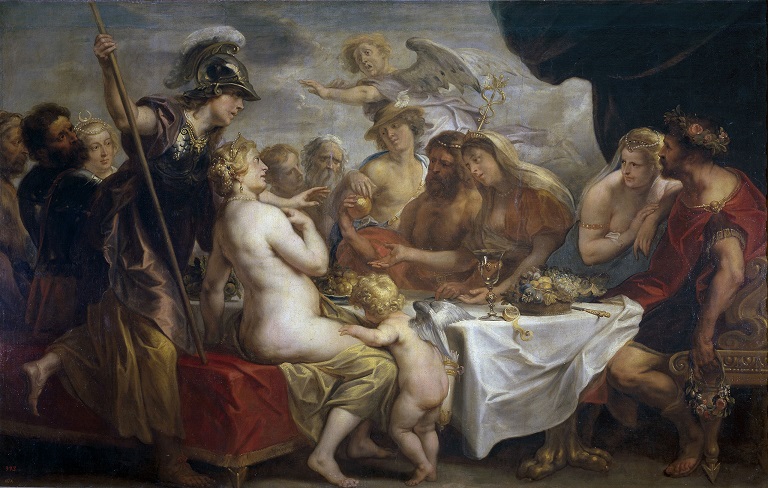1200-700 BC

Whether there is any historical reality behind the Trojan War remains an open question. Many scholars believe that there is a historical core to the tale, though this may simply mean that the Homeric stories are a fusion of various tales of sieges and expeditions by Mycenaean Greeks during the Bronze Age. Those who believe that the stories of the Trojan War are derived from a specific historical conflict usually date it to the 12th or 11th century BC, often preferring the dates given by Eratosthenes, 1194–1184 BC, which roughly correspond to archaeological evidence of a catastrophic burning of Troy VII and the Late-Bronze Age collapse. Both the Homeric epics and the Epic Cycle take origin from oral tradition. Even after the composition of the Iliad, the Odyssey, and the Cyclic Epics, the myths of the Trojan War were passed on orally in many genres of poetry and through non-poetic storytelling. Events and details of the story that are only found in later authors may have been passed on through oral tradition and could be as old as the Homeric poems. Visual art, such as vase painting, was another medium in which myths of the Trojan War circulated. Over centuries, as writing systems developed and literacy became more widespread, these oral traditions were eventually recorded in written form, preserving them for future generations and allowing for further dissemination and interpretation.

